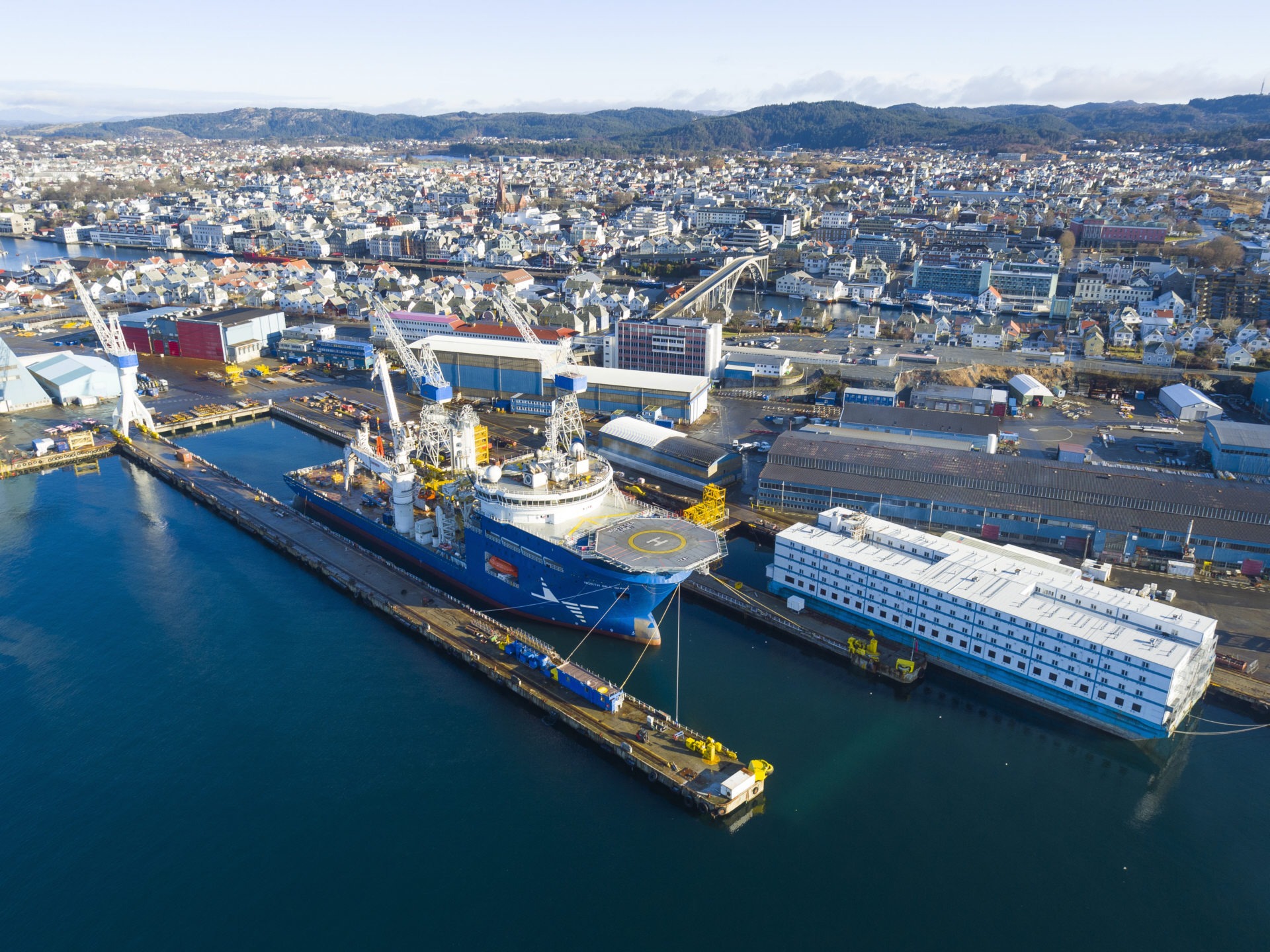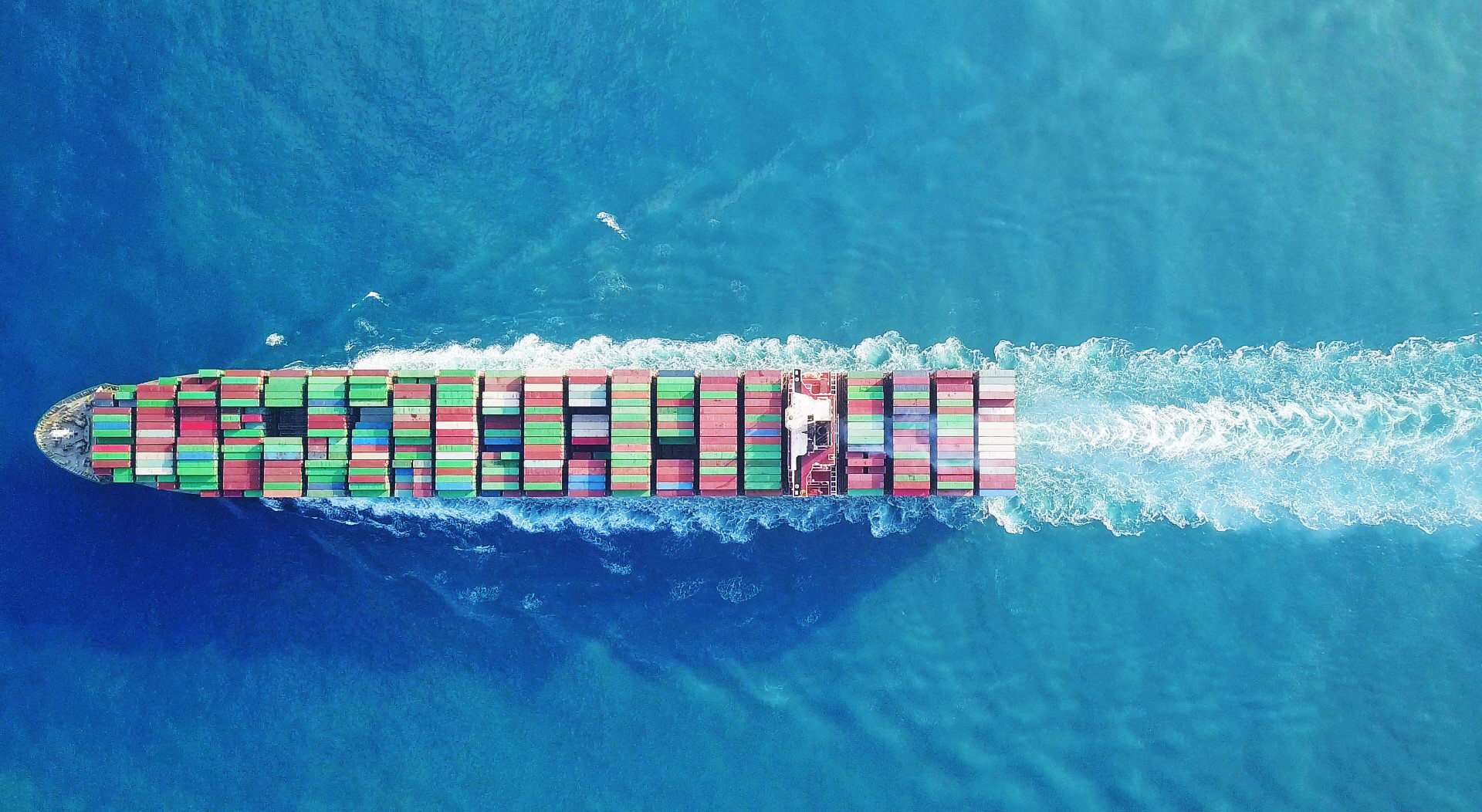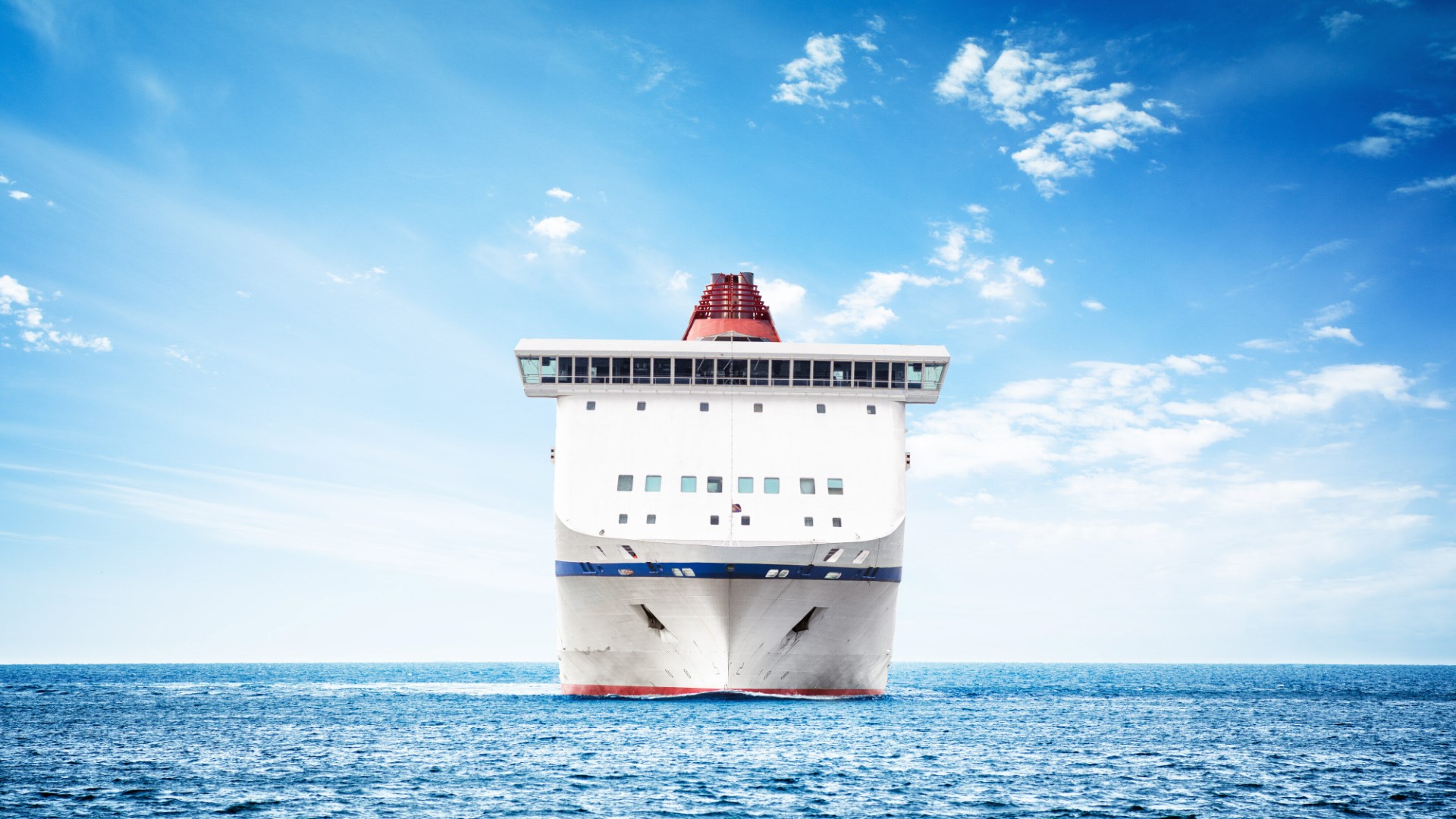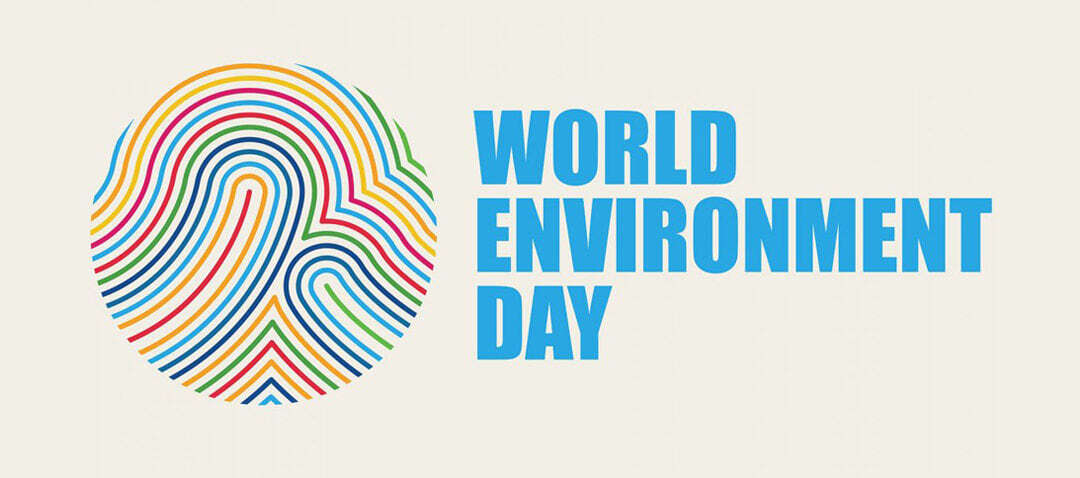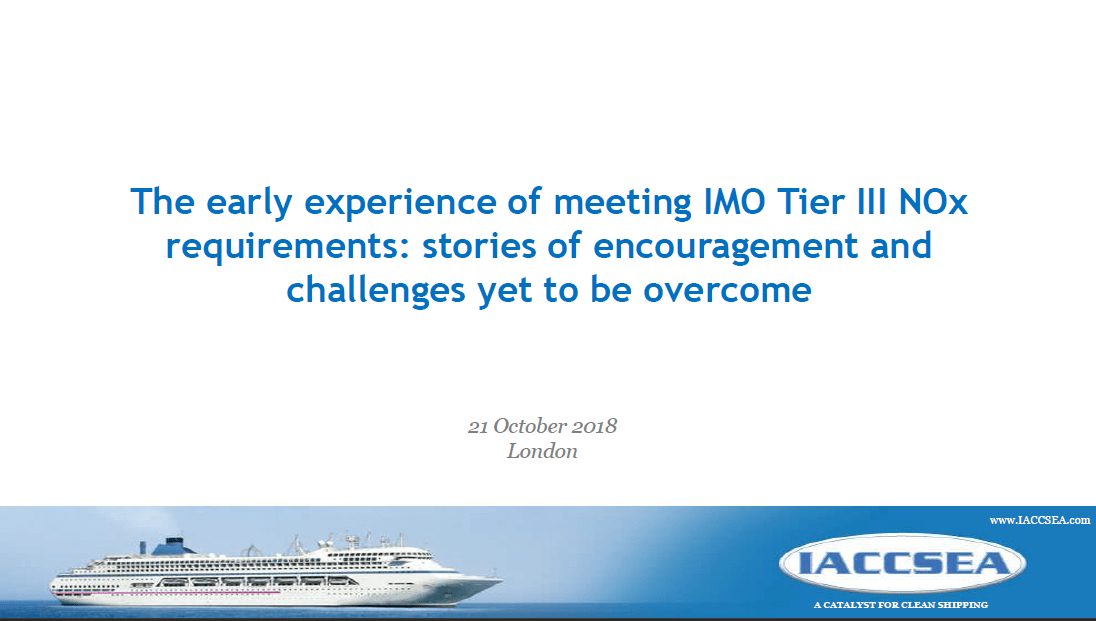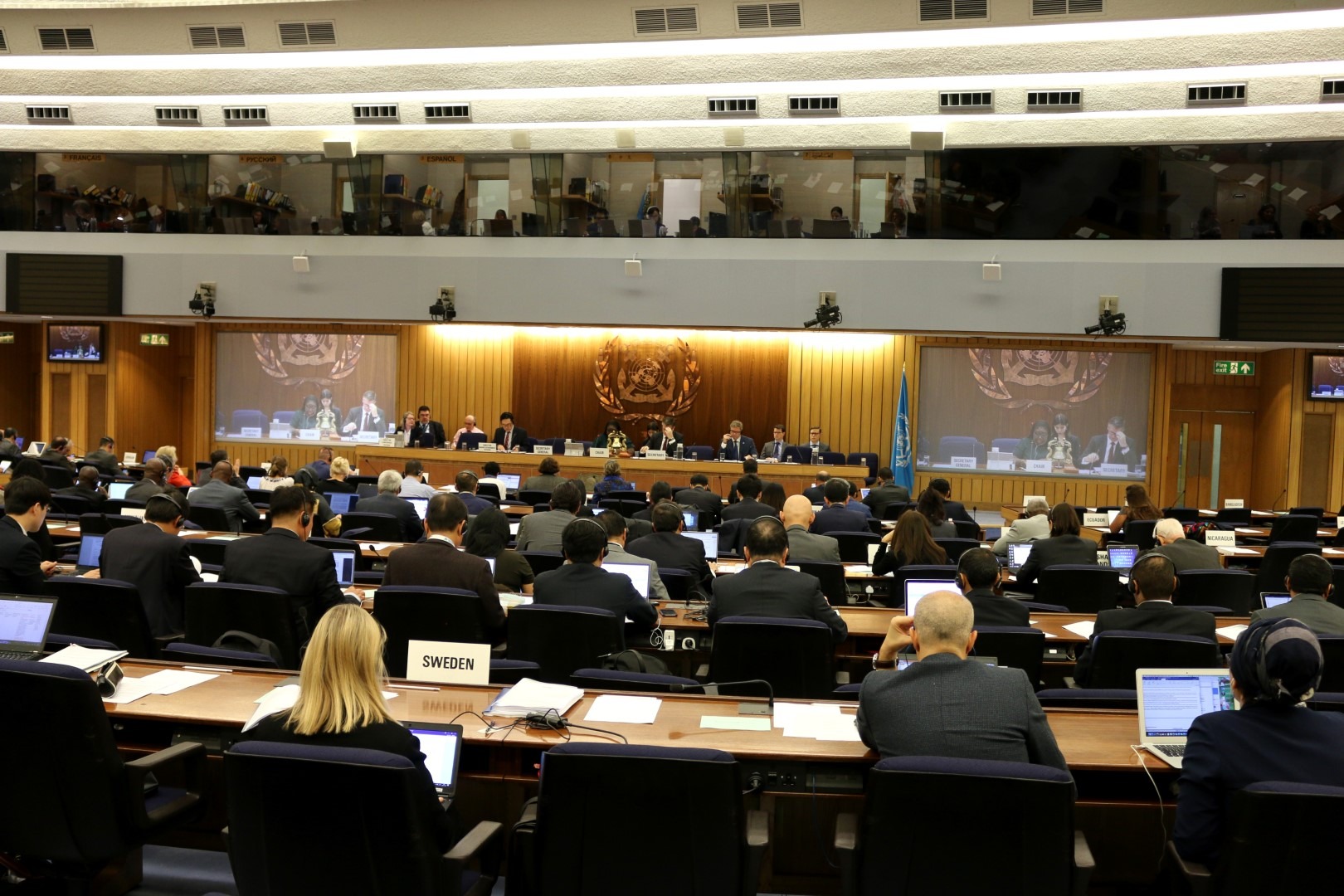IACCSEA Responds to Irish Government Consultation on ECAs
The Irish Department of Transport is proposing a new Emission Control Area (ECA) in the Northeast Atlantic Ocea at the IMO in 2025. IACCSEA seeks to engage with policy makers to establish a transition to cleaner shipping, so we welcomed the opportunity to provide comment.......

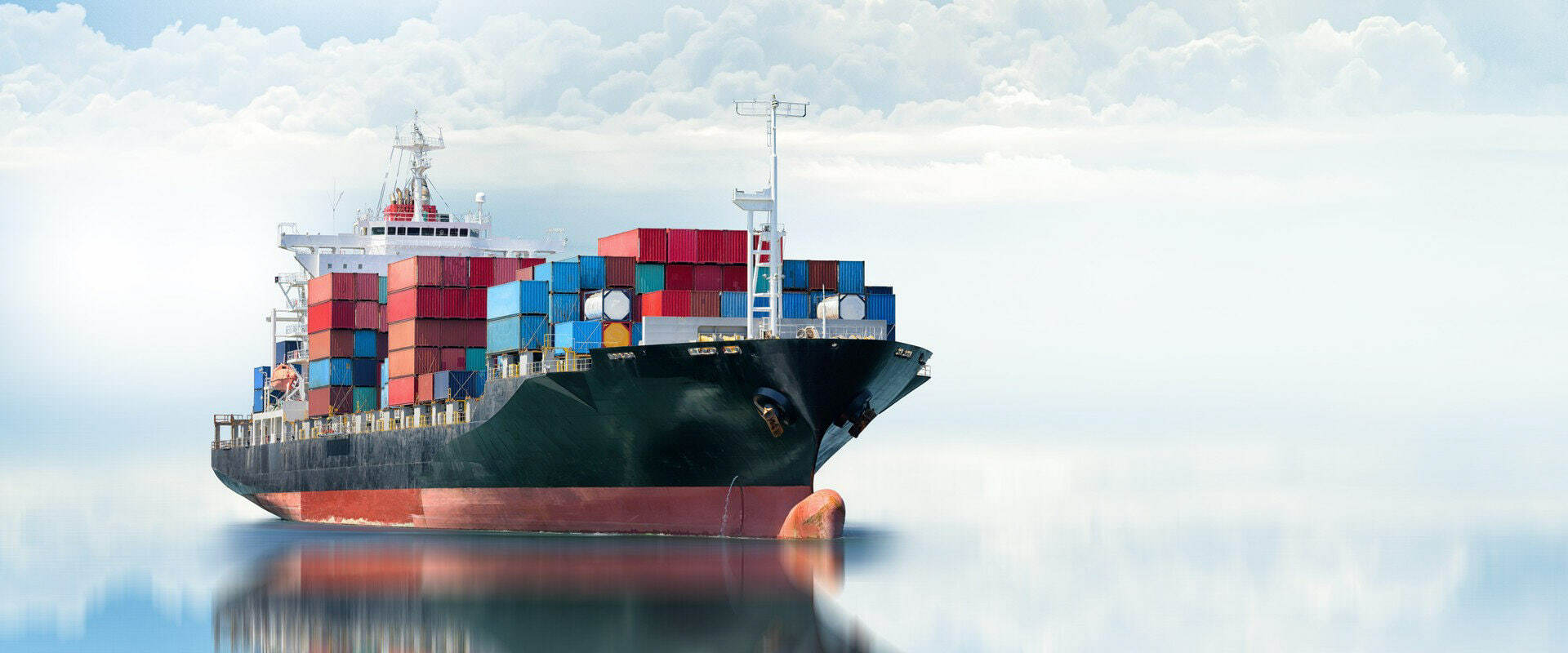
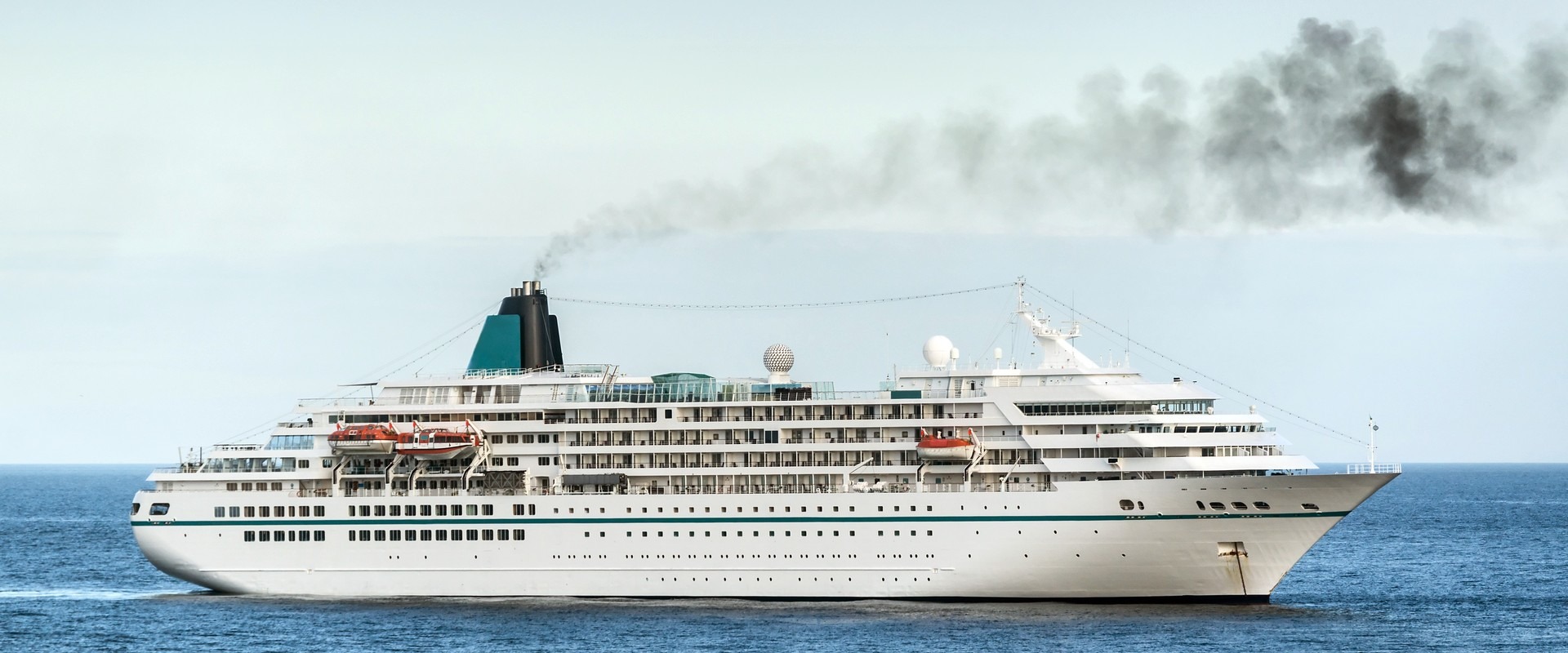
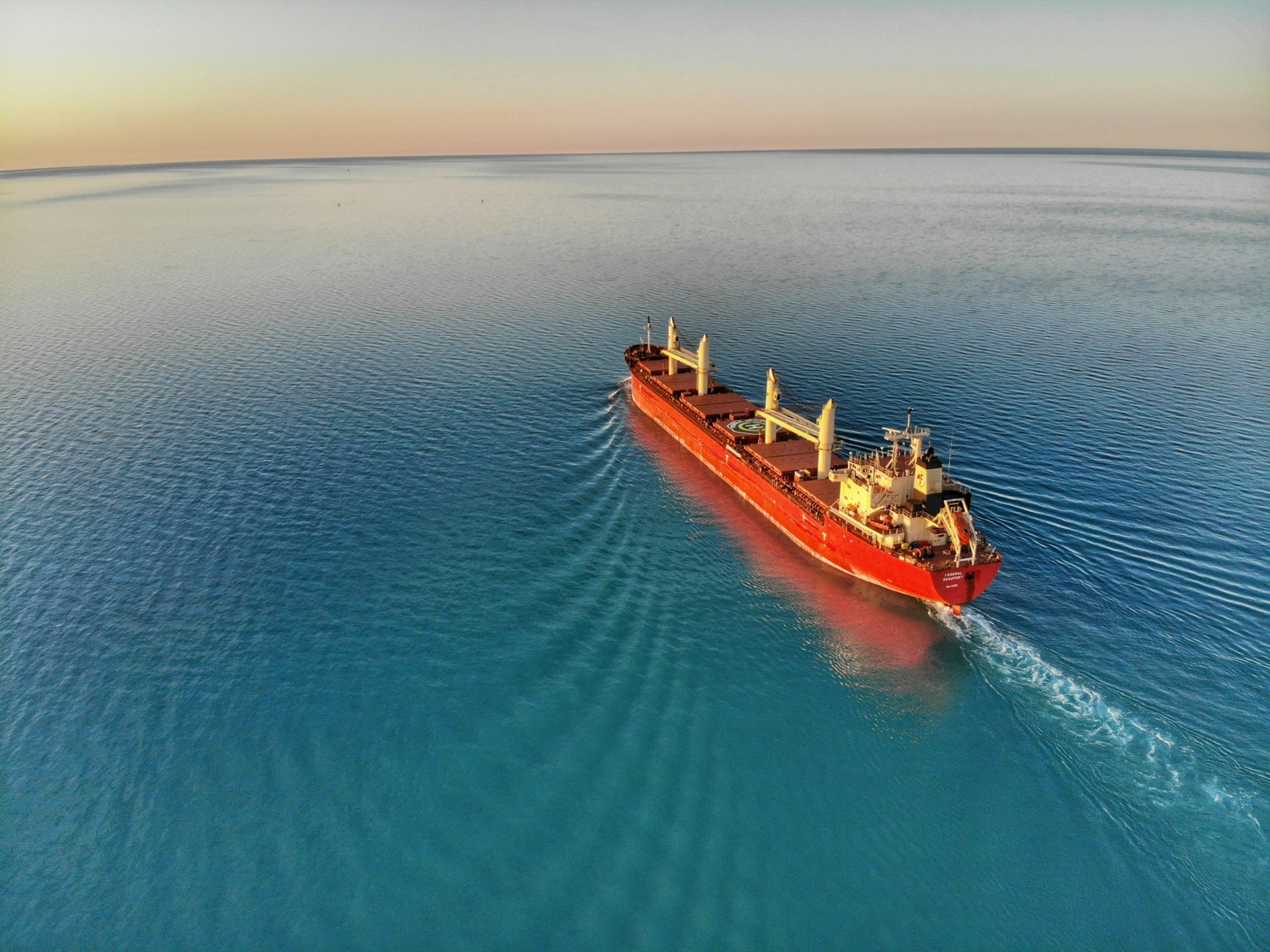
![Figure 2: Global shipping NOx emissions [5]](https://www.iaccsea.com/wp-content/uploads/2024/03/Visualising-NOx-shipping-emissions-from-space-Figure-2.png)
